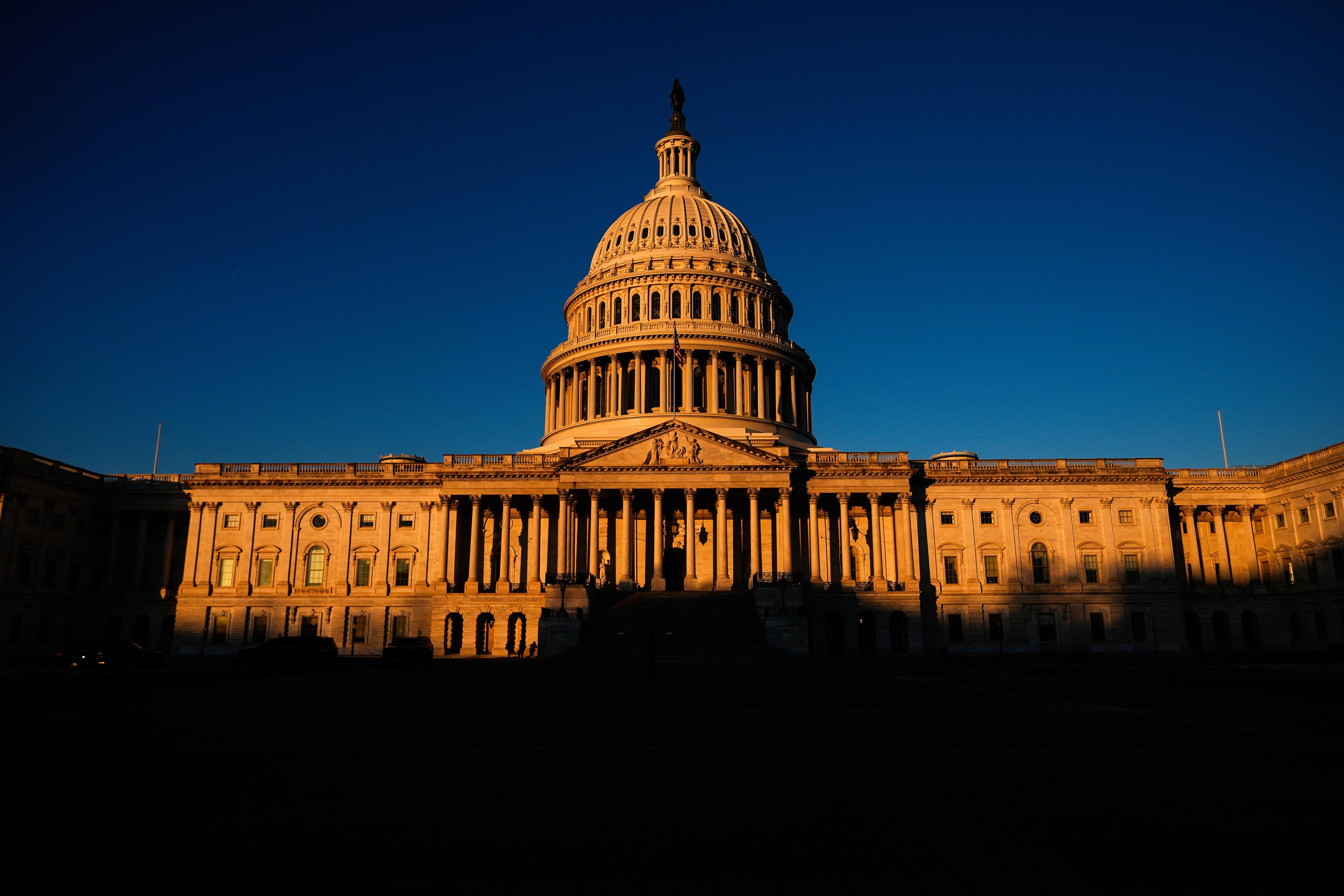
Voters in Colorado are tasked with electing members of the governing body of the University of Colorado system, the state’s flagship higher education system.
This year, three seats on the board are up for election. The partisan Board of Regents consists of one statewide at-large member and one regent from each of Colorado’s eight congressional districts. Regents can serve a maximum of two six-year terms.
What do members of the board oversee?
The board only oversees the four campuses of the University of Colorado system — the institutions in Boulder, Denver and Colorado Springs, as well as Anschutz Medical School in Aurora — not any of the state’s other publicly funded universities. All of those other schools are overseen by governing bodies that are appointed and nonpartisan, unlike the Board of Regents.
Perhaps the most public-facing responsibility the board has is overseeing the system’s budget, which totaled over $6 billion this year. More than $340 million of that budget comes directly from state support. About $1.3 billion is generated from student tuition and fees, while self-sustaining revenue accounts for the most of the remainder.
This year, regents approved a budget increase of 3.5 percent, which helped pay for salary and benefit increases for workers across the system. The CU system is one of the largest employers in the state and generates over $10.8 billion in economic impact across Colorado.
Regents also ultimately approve tuition rates for students. Earlier this year, regents approved a 3 percent increase for in-state students and a 4 percent increase for out-of-state students. CU officials made it clear that those tuition increases were smaller than they might have been, thanks to increased investment in higher education by state lawmakers.
Regents also are responsible for hiring the system’s president, finalizing major contracts, including those of its athletic teams’ head coaches, and approving new undergraduate and graduate programs.
Sometimes, regents find themselves somewhat at odds with state lawmakers, who can pass laws impacting institutions of higher education without the consent of the board. During the last legislative session, state lawmakers passed a bill that included a concealed carry ban for university campuses, a policy that regents were hesitant to champion themselves.
Until 2020, Republicans held a longstanding majority on the board, which is currently split 5 to 4. Tenure on the board has proven to be a jumping off point for several high-profile Colorado politicians, including 2022 GOP gubernatorial nominee Heidi Ganahl and Democratic U.S. Representative Joe Neguse.
- Meet the candidates for the statewide at-large seat
- Meet the candidates for District 3
- Meet the candidates for District 5








